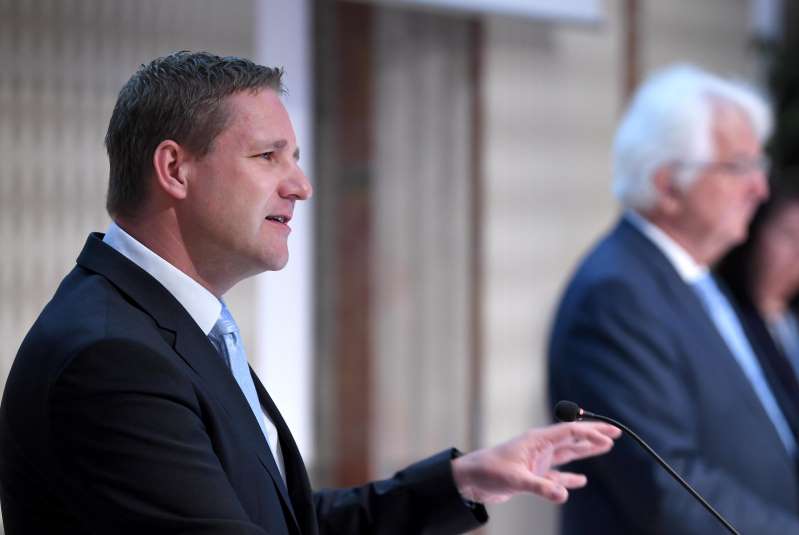Deputy Governor of the National Bank: “School closings do not produce a lost generation”.

The supervisory reform once planned by turquoise-blue – in which the banking supervision was to move from the National Bank to the financial market supervision – has been buried under turquoise-green. The Vice Governor of the Oesterreichische Nationalbank, Gottfried Haber, now sees no revival of the project. That is currently not an issue and is not in the government program, Haber said in the “Standard”. In the case of the commercial bank, he defended the supervisors from the central bank.
In the interview, the OeNB deputy mainly comments on the consequences of the corona crisis: If the health problem is resolved, the labor market will recover. However, there will be industries and companies that have been so damaged by the pandemic that they have to be nursed back to life, and those that will no longer succeed. “In the next two or three years the unemployment figures will be higher than last time,” the central banker forecast, “just think of the city or congress tourism, which has two or three years lead time.”
After the crisis, the increased expenditure to combat the pandemic would first have to be brought back to pre-crisis levels, said Haber. “You shouldn't make further savings in the health care system,” but you can save money, for example, by expanding electronic administrative processes or by standardizing systems and processes, including in schools.
Regarding the consequences of the school closings for the national economy, Haber says in the “Standard” that the pandemic affects all students, but especially younger and socially disadvantaged students. “Still, I don't think that a kind of lost generation will be produced and that there will be economic damage. I am optimistic that we can make up for what we have missed.”
In the health sector, it would be necessary to reassess what it is worth to have free bed capacities in the normal case, from which one can benefit in an emergency. “In Austria it was always criticized that we have high costs because of empty hospital beds – but it is precisely this capacity that benefited us during the crisis,” said Haber, who, before his function at the OeNB, was Vice Dean of the Faculty of Health and Dept. at Danube University Krems until 2019 Medicine was.

